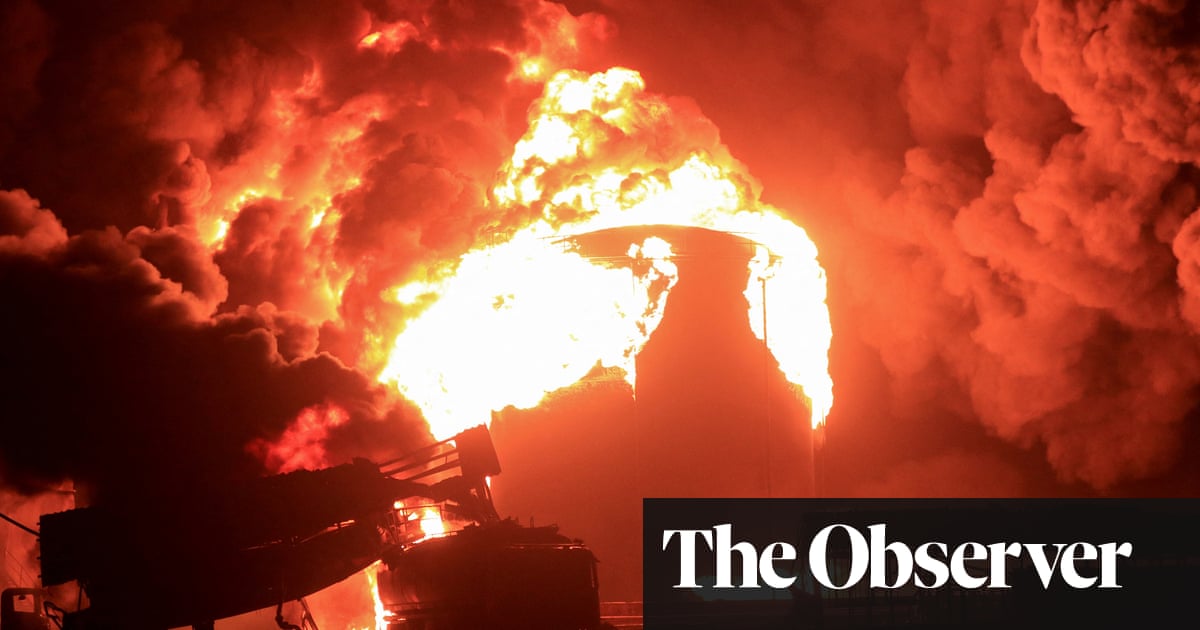If Iran’s newly elected president, Masoud Pezeshkian, was hoping for a honeymoon period after his inauguration last week, he must be sadly disappointed. Less than 12 hours after Pezeshkian was sworn in, an explosion, reportedly caused by a remotely controlled bomb, shook an Islamic Revolutionary Guard Corps (IRGC) compound in central Tehran. The target: Ismail Haniyeh, Hamas’s political leader, an honoured guest at the inauguration, and one of the Middle East’s most wanted. The bomb under the bed killed Haniyeh instantly. Honeymoon over.
The Haniyeh assassination, attributed to Israel and not denied in Jerusalem, has scrambled all those hopes. Pezeshkian finds himself in the eye of an international storm that analysts warn could lead to all-out war, engulfing the Middle East.
Infuriated by an audacious attack that humiliated him, his country and its elite armed forces, Khamenei – Iran’s ultimate authority – is said to have ordered preparations for direct military retaliation against Israel. Avenging Haniyeh’s death was “our duty”, Khamenei said. Pezeshkian had no choice but to meekly go along. Now the world waits to see what Iran will do. So much for a fresh start.
Iran’s next step may be decisive in determining whether the Middle East plunges into chaos. Its pivotal position should come as no surprise. Its gradual emergence as the region’s pre-eminent power has accelerated in the wake of 7 October. Iran’s anti-Israeli, anti-American “axis of resistance”, embracing militant Islamist groups in Lebanon, Syria, Iraq and Yemen, and ever more openly backed by China and Russia, is now a big force challenging the established western-led order.



You’re leaving out crucial pieces of information. Stop “them?” The world superpowers have meddled in, armed, and essentially used the Middle East as playgrounds for their international power struggles. So the entire world has been warring for millennia because going back to the times before that was the case, the rest of the world was fighting wars on our own turf. We just moved all of our wars there.
And this is no different. This is largely if not entirely propped up by “west vs east.” It’s just a sphere of influence for the rest of the world, and serves as a staging ground for wars we don’t want on our own doorstep. Nukes saw to that, I think. The “we’re not the ones at war” security blanket stops the nukes from dropping, I guess.
It’s silly to think the middle east is at war only because of exterior meddling once you actually read the history of the region. I’m going over Byzantine and Roman history and the eastern tribes have always been at constant war with each other.
Yeah…but so has the rest of the world. You’re acting like that’s an anomaly. Colonialism has played a massive part in the unrest in the Middle East for centuries. And, I mean…it’s the birthplace of modern society. Humans have constantly been at war, so to paint the Middle East as particularly war-ridden without noting the effects of colonialism is disingenuous at best. The area was a valuable trade route and has been resource rich—it’s literally the Fertile Crescent.
So yeah, it’s a war torn area, but discounting the effects of colonialism dating back centuries and the fact that it’s the birthplace of agriculture…it just feels weird the way you’re putting it. As if middle eastern people are particularly conflict prone. People are conflict prone. And the rest of the world has meddled in the Middle East as long as it’s been possible. The French and the British (and Italians and Russians) literally just drew borders on a whim—and for their own ends. That’s a huge part of modern strife there. And the rest is, as I said, proxy battles for the rest of the world.
So war spans the globe, so to point out he Middle East as somehow worse while completely overlooking the cause dating back centuries (that is, colonialism), really just feels like you have some ulterior motive or are pushing some fucked up idea.
The problem here is western nations use orientalist and racist narratives to pretend as if their meddling in the Middle East is not the primary cause of modern conflict in the region. People just accept those natives uncritically and assume they must be the smart ones for having read articles in the NYT about it. Never do they study the modern history of the region and the ways in which western powers are constantly intervening.
Exactly my point. The people who responded above seemed to imply It was the people of the Middle East that were causing wars. And as if dating back to the time before colonialism was a factor the rest of the world wasnt just as war-prone. You hit the nail on the head, it’s just a racist trope. I was just avoiding using that word for some reason. But the imperialist powers plundered and meddled in the Middle East ever since they were able to spread their influence there. That is the root cause of almost all modern Middle East strife.